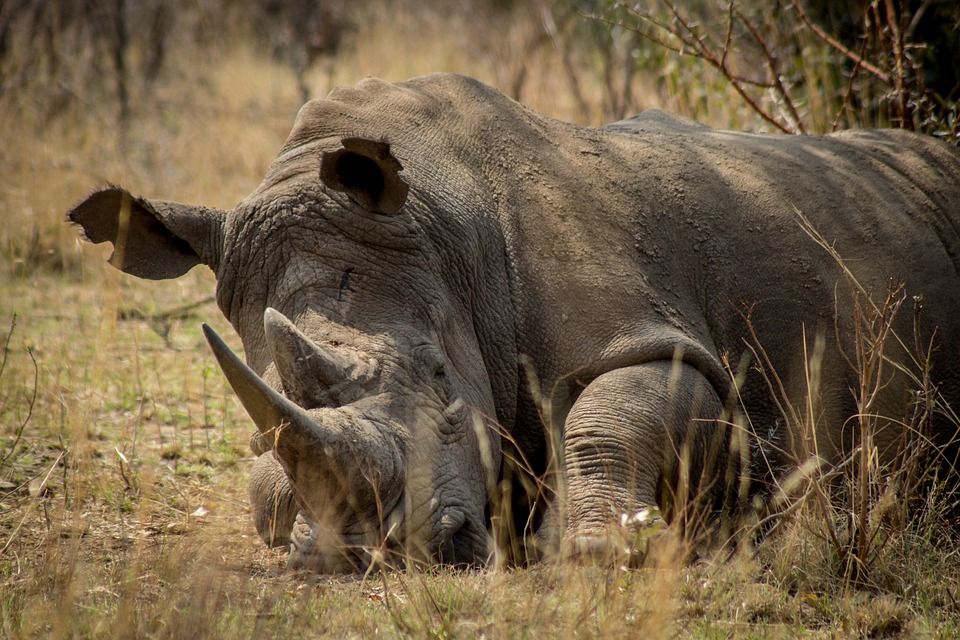
John Cassim
The 78th meeting of the Standing Committee of the Convention on International Trade in Endangered Species of Wild Fauna and Flora (CITES), to be held in Geneva, Switzerland from 3-8 February 2025, will hear about the gains made in the regional fight against illegal trade and the killing of rhinos.
Just two weeks before the meeting begins, South Africa is applauding the 18-year prison sentence handed down to a 51-year-old Congolese rhino poacher and money launderer last week. He pleaded guilty to all charges, and his 15 co-accused are expected to appear in the Nelspruit Commercial Crimes Court in Mbombela this month. The poachers admitted to bribing Kruger National Parks rangers to obtain inside information before executing their plan.
“I can assure South Africans that poachers’ reign of terror on South African wildlife is coming to an end,” said Forestry, Fisheries and the Environment Minister, Dion George. “The sentence imposed on the Congolese poacher reflects our renewed zero-tolerance stance on all forms of poaching, and we believe that the justice system will also find the rest of the suspected syndicate members guilty.”
Botswana is also celebrating a significant reduction in rhino killings. Information provided to CITES shows that no rhino was poached in the country during 2024, up to 29 October 2024. This follows the implementation of a key 2023-2028 National Anti-Poaching Strategies Plan (NAPS), which was developed based on the 2022 CITES meeting.
While no official report was received from Namibia, the Secretariat noted that in April 2024, the Namibian Ministry of Environment, Forestry and Tourism (MEFT) issued a press statement stating that 28 rhinos were poached in the country up to 1 April 2024.
The release said, 19 of these animals were poached in Etosha National Park, including 10 discovered during dehorning operations in March 2024.
In Angola, 58kg of rhino specimens were seized between 2018 and 2024. These seizures of horns and some worked pieces like bracelets, were done on Vietnamese nationals.
South Africa reported that a total of 229 rhinos were poached in the country during the first six months of 2024, primarily in the Kwazulu-Natal Province. A significant decrease in poaching numbers was observed from May to the end of September 2024. This reduction could likely be attributed to the dehorning of rhinos populations in KwaZulu-Natal, specifically in Hluhluwe iMfolozi Park, where over 1,000 rhinos were dehorned since April 2024.
The rhino horn trade and trafficking remain a significant concern between South Africa and Vietnam, where demand for rhino horn is believed to persist due to ritual beliefs.
To address this, USAID provided financial support for the publication of two books: “Medicinal plants and herbs to replace rhino horn” and “Medicinal plants and herbs to replace pangolin scales.” These books identified 46 medicinal plants that can be used to reduce the demand for rhino horn.
